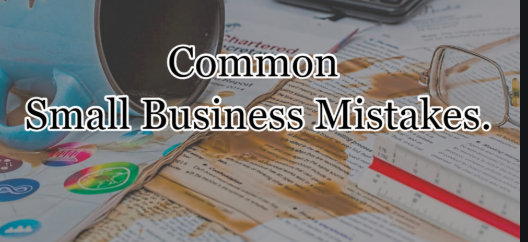
By Debbie Gregory.
Every small business wants to minimize their taxes and maximize their deductions. However, many small business owners miss out on a tax code that can benefit them, U.S. Tax Code Section 179.
According to a recent survey conducted by the National Federation of Independent Business (NFIB), Section 179 has helped small business growth and prosper:
- 35% of current small business owners are unaware that they could be eligible for a deduction under Section 179.
- 78% of small businesses used Section 179 to offset their tax expenses last year.
- 82% of small businesses purchased equipment or software last year (cars, trucks, office furniture, machinery, etc.).
- The top three purchases made were computers (51%), vehicles (44%) and office furniture (31%).
- 75% made qualifying purchases of less than $50,000.
What is Section 179?
Section 179 refers to property depreciation deductions a business can claim. It does not increase your overall deduction but it can give you the option to take the deduction more quickly. In other words, you can declare the entire deduction in a single year instead of spreading it over many years.
An asset’s useful life depreciation deduction can be stretched out to a maximum of 39 years but most are taken over a 5 year period. Under Section 179, you can deduct the entire expense in the first year.
This can be especially helpful if the company needs the asset to grow and the item purchased was quite expensive up front. The tax impact can help ease the burden and help the company grow. Currently, the deduction is limited to $1 million and a total investment limit of $2.5 million.
How Can This Help Your Business?
Section 179 can be used for most tangible assets purchased to run your business. This tax break is intended to make it more affordable for small businesses to buy expensive equipment including:
- Machinery
- Computers
- Computer software
- Other business equipment
- Company vehicles
- Office furniture
- Capital investments
- Property
- And more
While a business has always been able to deduct expenses of this nature, they could only deduct a portion of the asset’s value every year. With Section 179 the full value can be deducted in the same year that the purchase was made.
Where Can I Obtain More Information About Section 179?
If you have any questions about Section 179, visit the official Section 179 informational website at http://www.section179.org/. If you are looking to learn about other potential tax breaks for you or your business, you can always visit the IRS’ website at https://www.irs.gov/ to learn more.
Our Advice
The US tax rules are constantly changing, it is always best to pay attention to taxes all year long and not only at tax time. Keep alert for changes in tax laws and always consult a professional for help.
Disclaimer
We are not tax professionals and we strongly recommend that before you take any actions, that you consult your own licensed tax professional. It is always best to seek professional assistance if you have questions about taxes or their s on your specific business. Working with a professional also provides you better opportunities to find and take advantage of legitimate tax breaks and opportunities to lower the amount of taxes that you pay.














